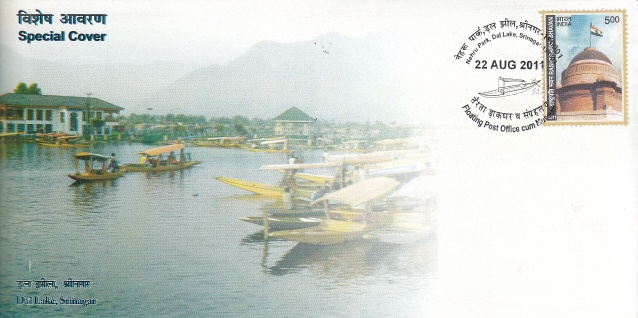Pesticide residue from rice polders and nutrient discharge from urban settlements are aggravating the pollution of Vembanad Lake, playing havoc with the fragile wetland ecosystem and jeopardising its tourism potential. A study conducted by the Regional Agricultural Research Station (RARS), Kumarakom, under Kerala Agricultural University (KAU), has reported a high level of eutrophication of the lake, a Ramsar site and the hub of backwater tourism in Kerala. Data collected by the environmental surveillance centre at RARS indicate that the organic pollution of the lake is getting worse. “The eutrophication is evident from increased turbidity, high chlorophyll values, and increased organic productivity. Exceedingly high concentrations of plant nutrient elements such as phosphates, nitrates, and nitrites were detected,” said D. Ambika Devi, associate director, RARS. “Samples of soil, water, fish, sediments, grain, straw, and clams collected from different stretches of the Vembanad wetlands, adjoining Kuttanad lowlands, channels, and different padasekharams have been analysed. Residues of pesticides above prescribed limits and presence of heavy metals such as manganese copper, cadmium, iron, aluminium, and chromium above safe limit could be detected in many of these samples,” she said.
The report is based on the analysis of data collected for five years on critical parameters. The riverine locations near the Pampa and the Manimala indicate very high levels of bacterial coliform. The tourism houseboat terminals at Thannermukkom, Punnamada, Pallathuruthy, and Kumarakom revealed high pollution. According to P. Rajendran, Vice Chancellor, KAU, the report points to the need for management of nutrient discharge from rice polders and domestic urban settlements. “The study has helped in assessing the environmental status of Kuttand wetlands. It is also a grim reminder about the impending dangers faced by the fragile ecosystem.”
A research boat Gaveshiny, the first of its kind in the State, was deployed by KAU for the environmental monitoring programme. A state-of-the-art laboratory was also established for the purpose.
Source: The Hindu, 27 Feb 17
http://www.thehindu.com/todays-paper/tp-national/tp-kerala/vembanad-wet…

- Login om te reageren
